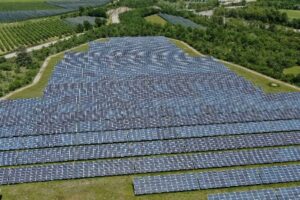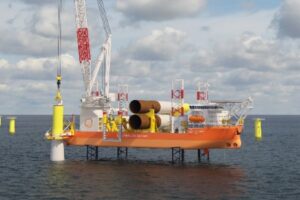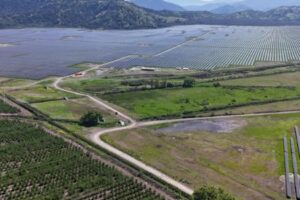APAC accounts for 47% of global emissions, 24/7 clean energy can unlock investments: BNEF, ET EnergyWorld
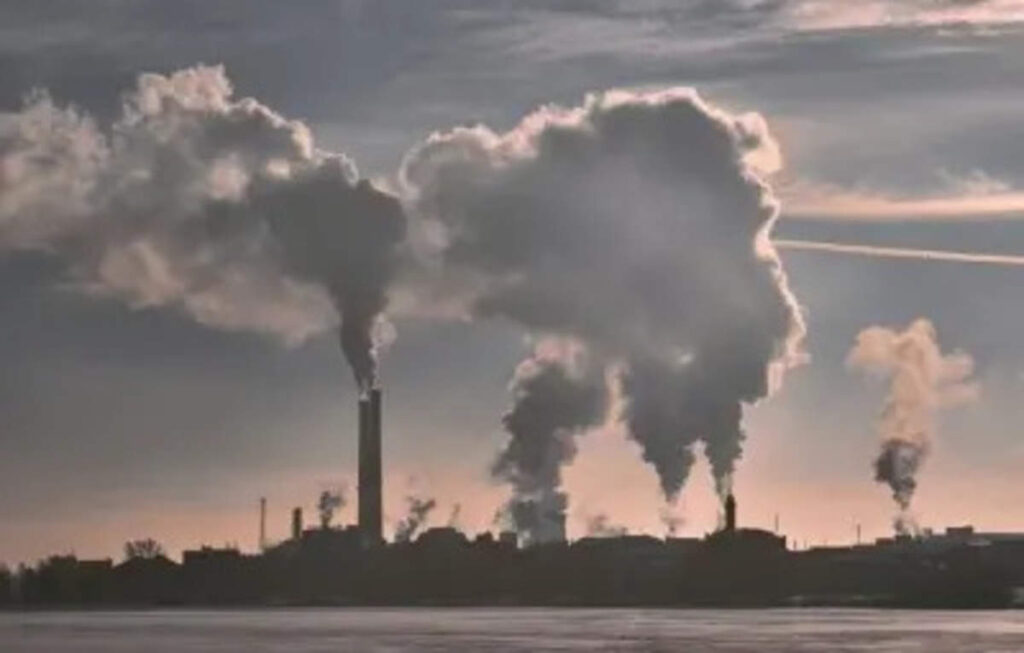
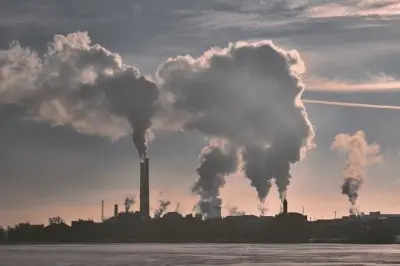
New Delhi: The Asia Pacific (APAC) region accounted for 47% of global emissions in 2021, nearly double its 1990 share of 25%, largely driven by the power sector, according to a BloombergNEF (BNEF) report published in collaboration with the Global Renewables Alliance. The report emphasizes that enabling 24/7 carbon-free electricity (24/7 CFE) procurement in the region could unlock private investments needed for energy transition and decarbonization.
The report estimates that renewable energy could deliver 75% of the emissions reduction required by 2050 under BNEF’s Net Zero Scenario. Achieving this would require accelerating investments in solar, wind, energy storage, and grid expansion.
Corporate demand outstrips supply
BNEF noted that corporate clean power procurement has become a key funding source for deploying clean electricity and cutting emissions. However, existing policies and regulatory frameworks in APAC markets, including India, Japan, and South Korea, restrict access to affordable clean energy, limiting expansion of renewable supply.
“Demand for clean power procurement in APAC already far outstrips available supply,” said Ali Izadi, Head of APAC at BNEF. “Regulators need to address barriers to increase clean electricity supply and enable 24/7 CFE corporate procurement options.”
Current corporate strategies primarily focus on matching annual electricity consumption with renewable energy purchases, which does not ensure 100% emissions reduction. Companies require hourly and locational matching of electricity demand with carbon-free supply to fully decarbonize their operations.
Long-duration storage and policy needs
The report highlights the role of long-duration energy storage technologies in achieving 24/7 clean energy. These systems store renewable energy for extended periods, allowing for reliable electricity supply. Julia Souder, CEO of the Long Duration Energy Storage Council, said, “Corporates should recognize these technologies as key assets for their sustainability plans and climate targets.”
To support decarbonization, policymakers in the region must focus on reforming grid operations, improving data transparency, and enabling tools such as hourly renewable energy certificates (RECs). Power Purchase Agreements (PPAs) also offer significant potential, providing cost stability and supporting renewable energy deployment.
“PPAs not only hedge against price volatility but also unlock long-term benefits for consumers,” said Trigya Singh of the Global Renewables Alliance.
Urgency for decarbonization
The report reviews clean energy frameworks in 11 APAC markets and calls for immediate action to support corporate and national decarbonization goals. “Electricity from carbon-free sources is increasing, but we need to move faster,” said Sam Kimmins, Director of Energy at the Climate Group.
The BNEF report concludes that 24/7 CFE procurement could enable timely collaboration between corporates, renewable energy producers, and regulators, leading to reduced power system decarbonization costs and faster grid decarbonization in APAC.



